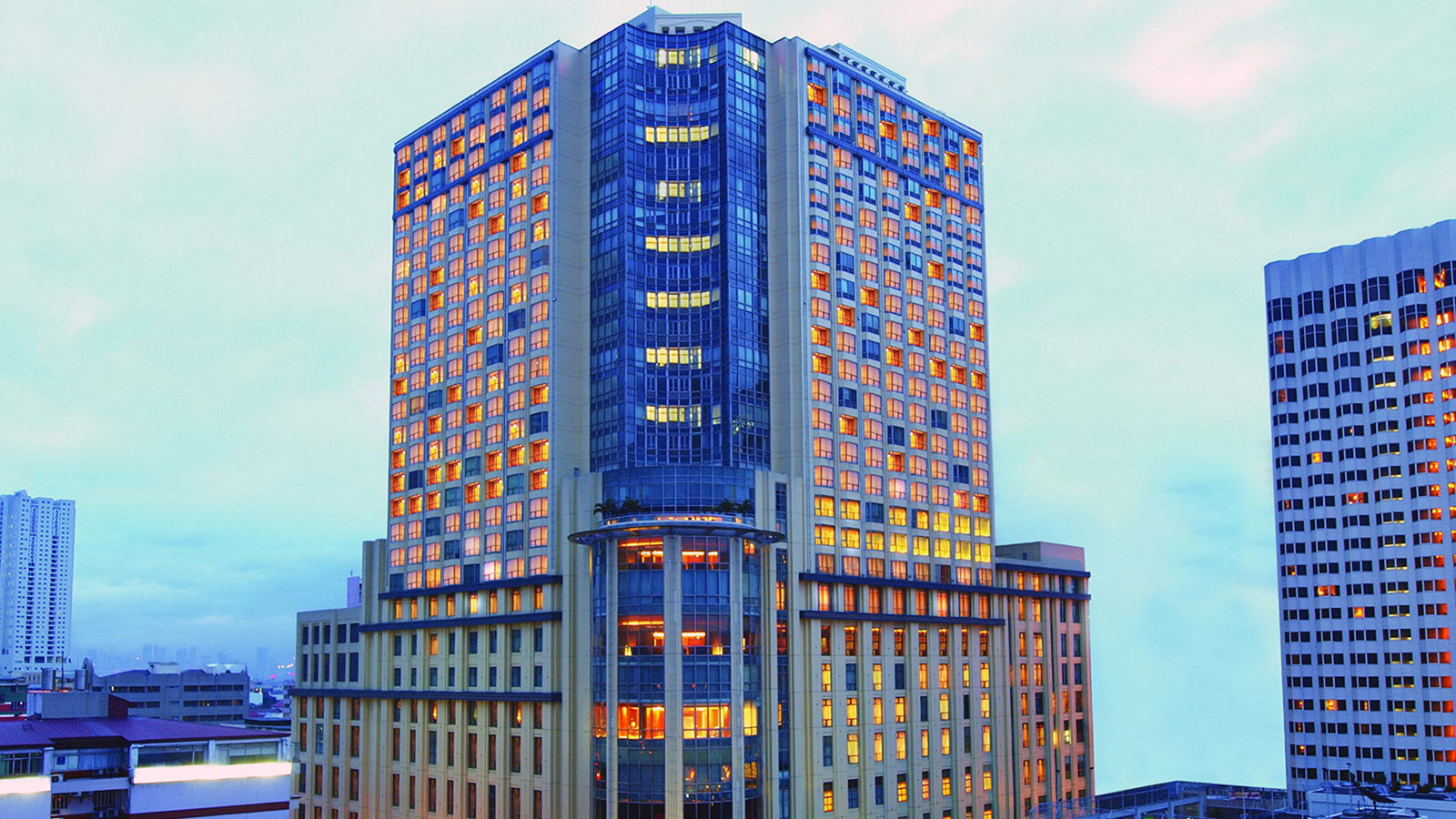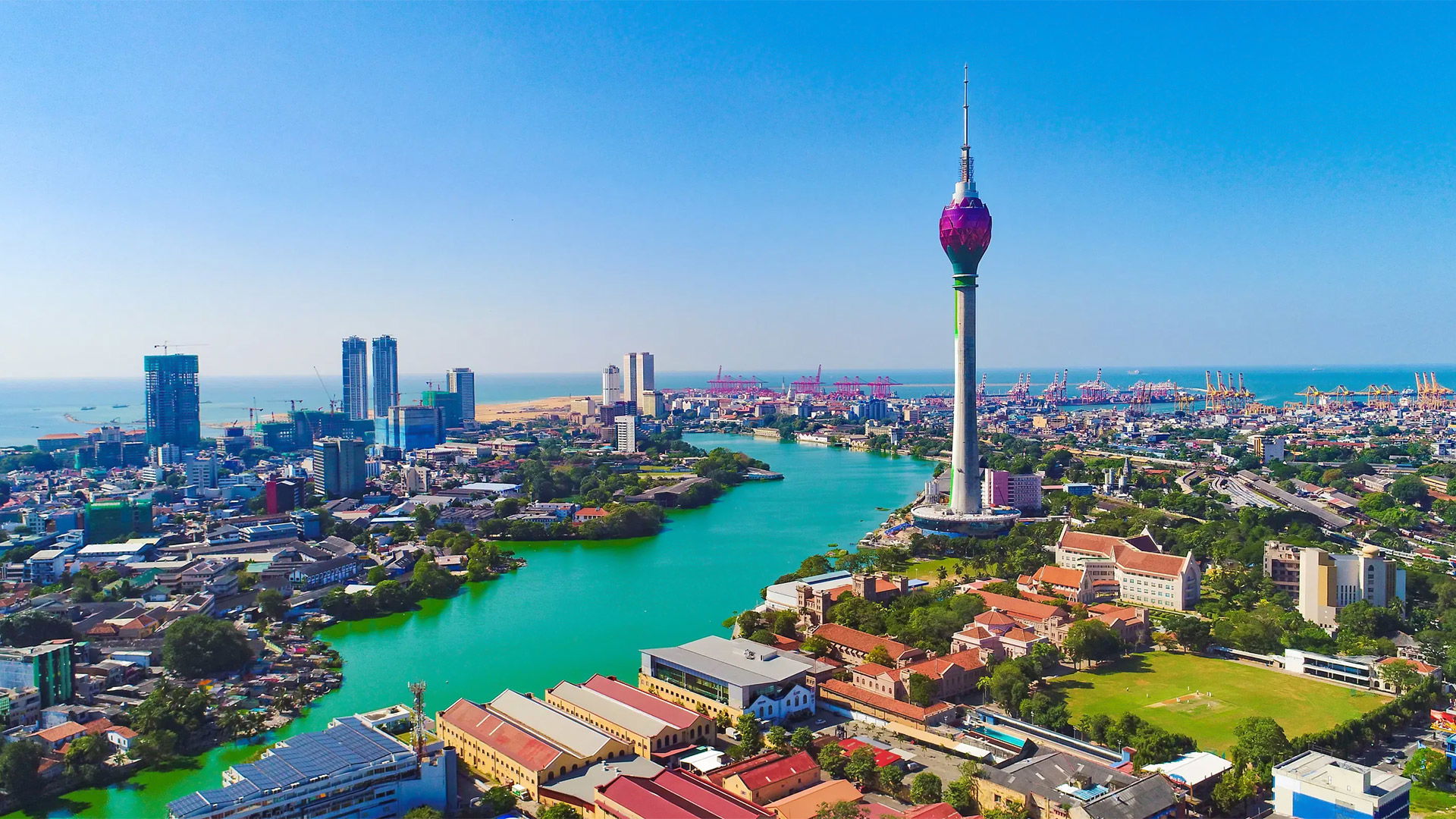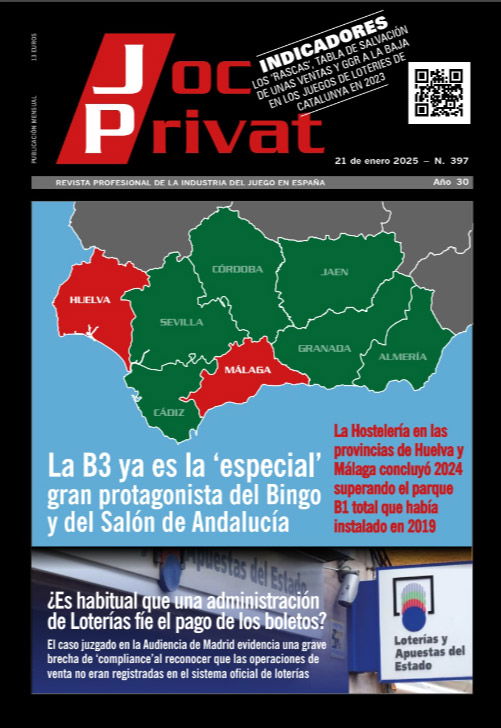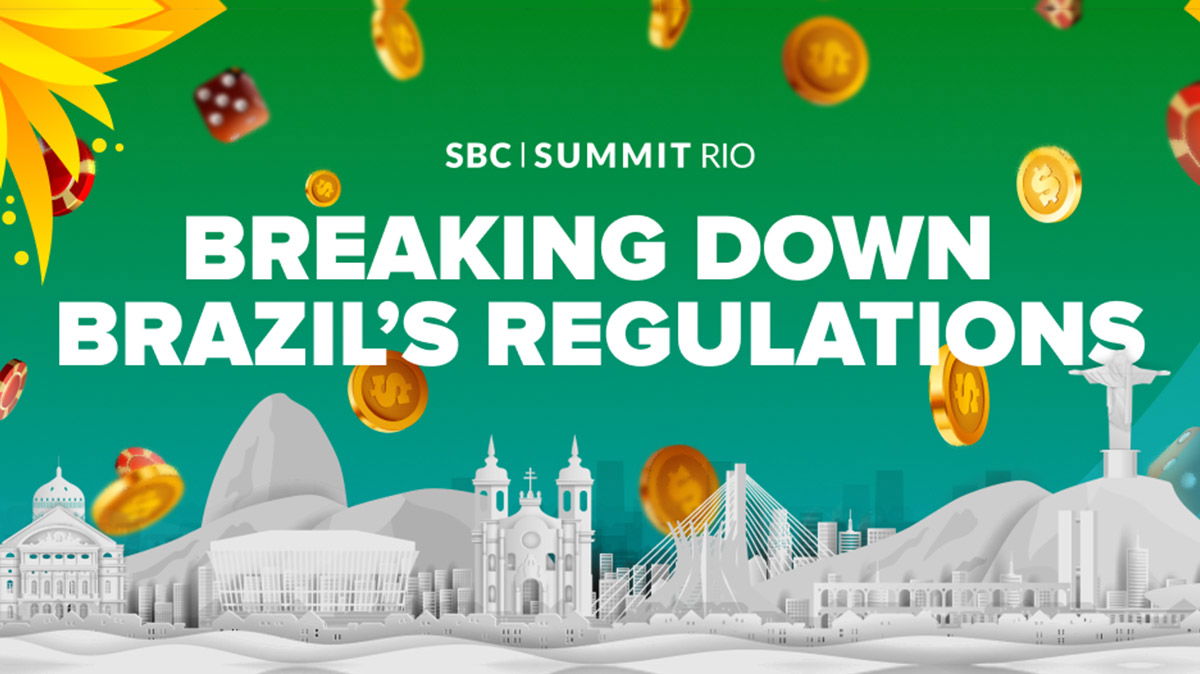Macau's casino revenue hits $2.47 billion in August, nearing pre-pandemic highs
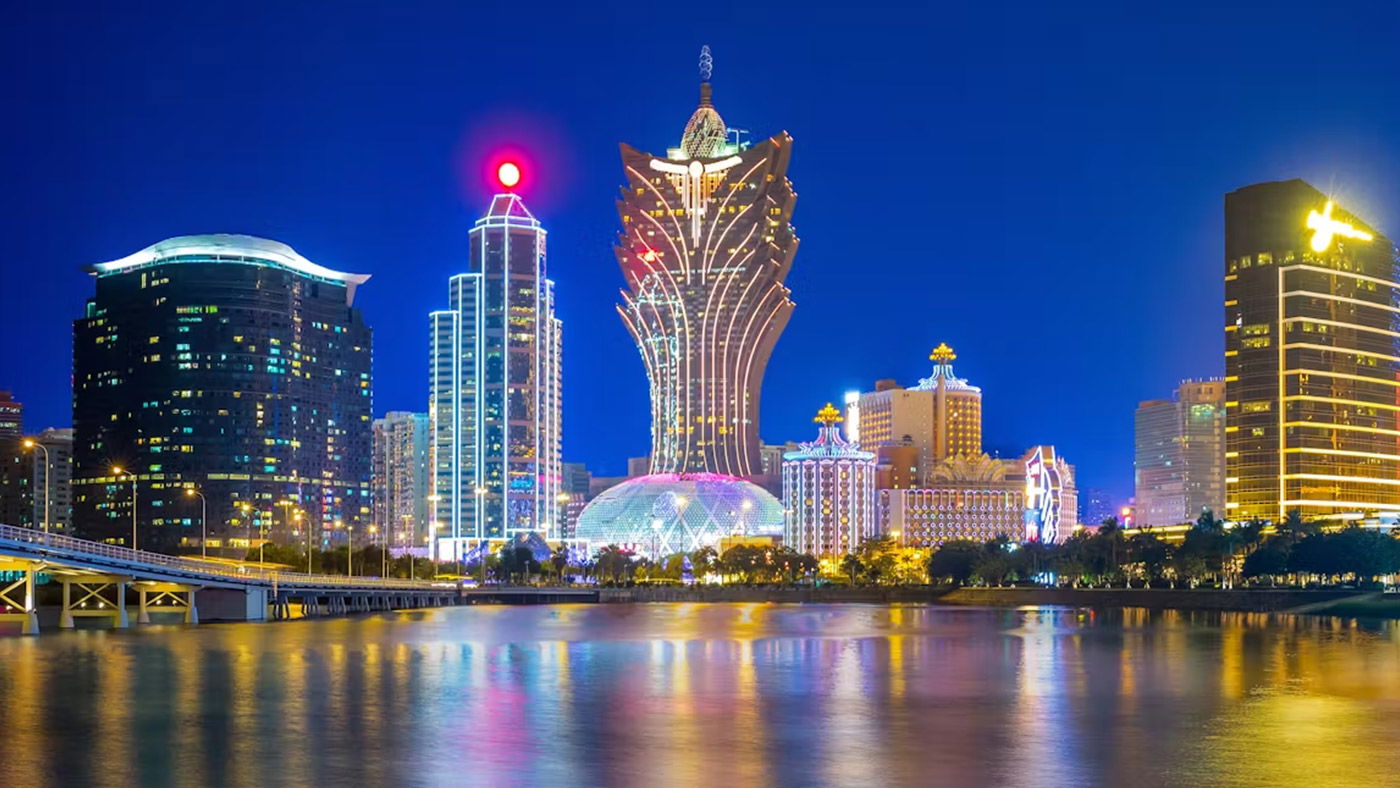
Macau's gaming industry made significant strides in August, with casino revenues hitting MOP$19.8 billion ($2.47 billion), a 14.8% year-on-year increase, according to the Gaming Inspection and Coordination Bureau. The figures represent a 6.2% rise from July and mark 81.5% of the revenues recorded in August 2019, before the pandemic crippled the global economy.
The surge in gross gaming revenue (GGR) comes as Macau benefits from a combination of favorable factors, including five weekends in August, drawing more visitors to the city’s casinos. Eased travel restrictions and a rebound in tourism also played a pivotal role in the month’s performance.
Despite the positive momentum, analysts have warned that regulatory crackdowns could slow the recovery. Mainland and Macau authorities have intensified efforts to curb illicit money exchange operations, injecting uncertainty into the market.
Vitaly Umansky, an analyst at Seaport Research Partners, said: "We believe this crackdown round is having some negative impact on money flows into Macau and certain individuals have postponed their visits."
Umansky remains cautiously optimistic, however, noting that while the immediate impact is palpable, he expects the market to stabilize over time. "We expect the crackdown to soften and liquidity in Macau to be not significantly impacted in the medium term," he added.
From January to August 2024, Macau's GGR reached MOP$152.1 billion ($18.9 billion), a 33.4% increase from the same period in 2023. However, this figure still trails 2019 levels by 23.3%, highlighting that while the recovery is underway, the sector has yet to return to full pre-pandemic strength.
Market analysts at Morgan Stanley had initially predicted a more modest rise in August, projecting a 9% year-on-year increase. The actual results exceeded expectations, performing 5.76 percentage points better than forecasted.
The recovery has sparked optimism among investors, with major players in Macau's gaming industry, including Wynn Macau, MGM China, and Sands China, announcing the resumption of dividend payments. The return on dividends, suspended during the height of the pandemic, reflects renewed confidence in the sector’s future profitability.


